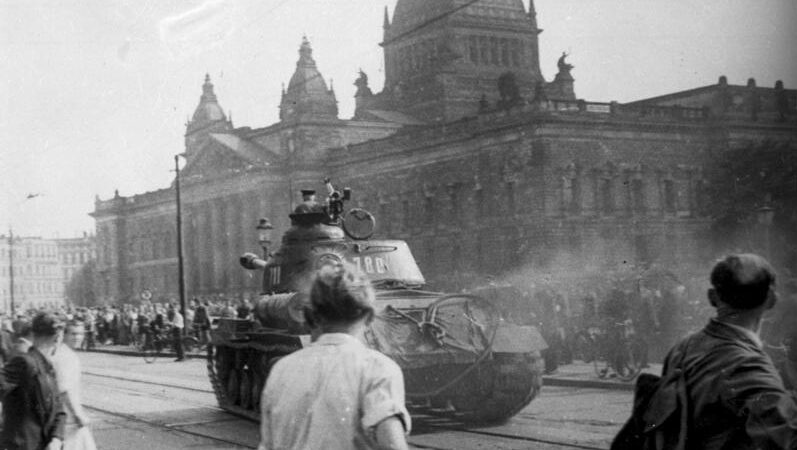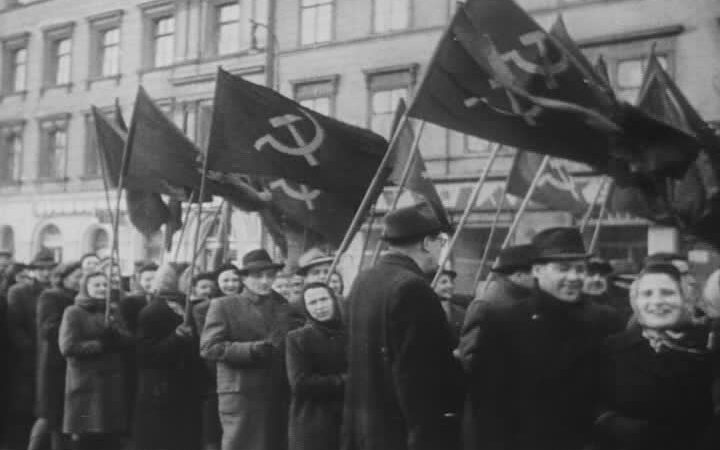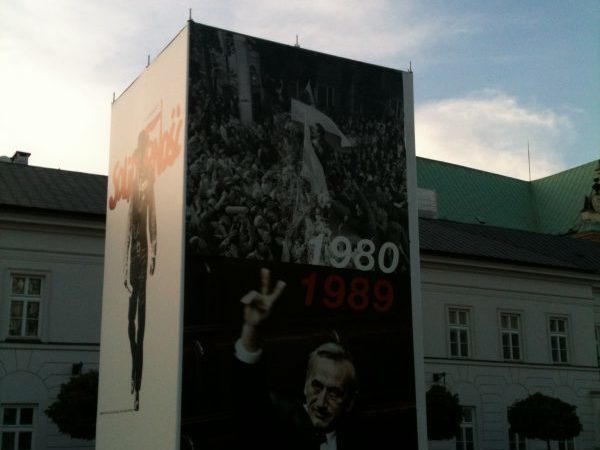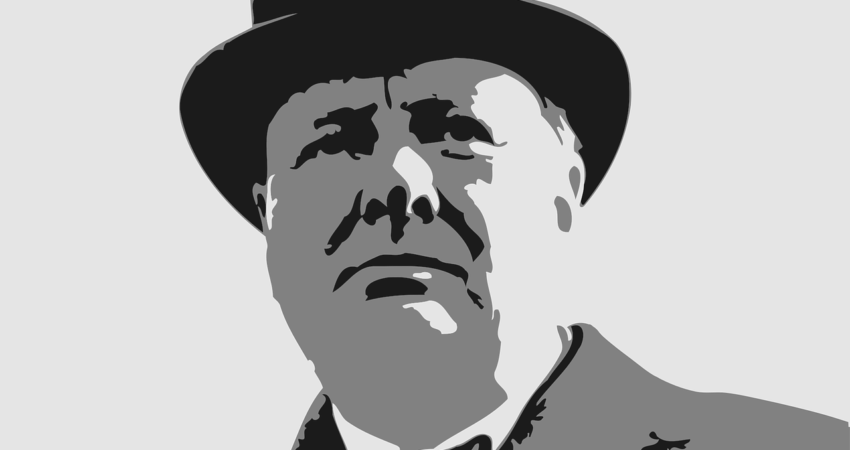The first major popular uprising against communist oppression in Central/Eastern Europe by Patrick van Schie Between 1954 and 1990, June 17 was the Tag der deutsche Einheit in West Germany, which is then celebrated on October 3 – the day of reunification. With this, the West Germans commemorated until 1990 that on June 17, 1953, […]
This month it is exactly 75 years ago that the communists finally seized power in Czechoslovakia (at the time, the current Czech Republic and Slovakia formed one country). In all the countries that would disappear behind the Iron Curtain after the Second World War, a similar process took place of the elimination of pro-democratic forces and the establishment of the dictatorship of the communist party. In Czechoslovakia, however, this took longer, which is why many people – both among the democratically minded Czechoslovaks and in the West – harbored the illusion for the longest time that the country would be spared an ‘equalisation’.
Beata Bruggeman-Sekowska During the parliamentary elections on the 4th of June 1989 Polish people voted on the Citizens’Committee, an opposition group around Lech Wałęsa, which led to the end of communism in Poland. This in turn led to the wave of changes across Central and Eastern Europe. These were the first elections in Poland […]
By Patrick van Schie On March 5, 1946, Winston Churchill gave a speech in Fulton, a city in Missouri, USA. The British war leader, Prime Minister until more than six months earlier, received an honorary doctorate from Westminster College in Fulton. He began his speech in a Churchillian way by saying that […]





Follow Us!